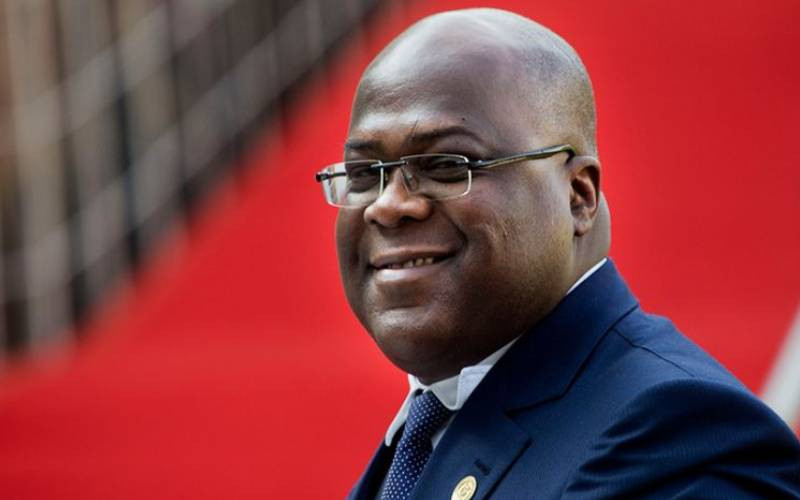×
The Standard e-Paper
Join Thousands Daily

The just-concluded General Election in the Democratic Republic of Congo, which handed incumbent President Felix Tshisekedi, a second term in office, indeed, by African standards, lived up to expectations.
As with similar processes elsewhere on the continent, there were inexplicable delays and claims of irregularities. In short, the exercise followed an all-too-familiar pattern of an unclear process that yields predetermined outcomes.